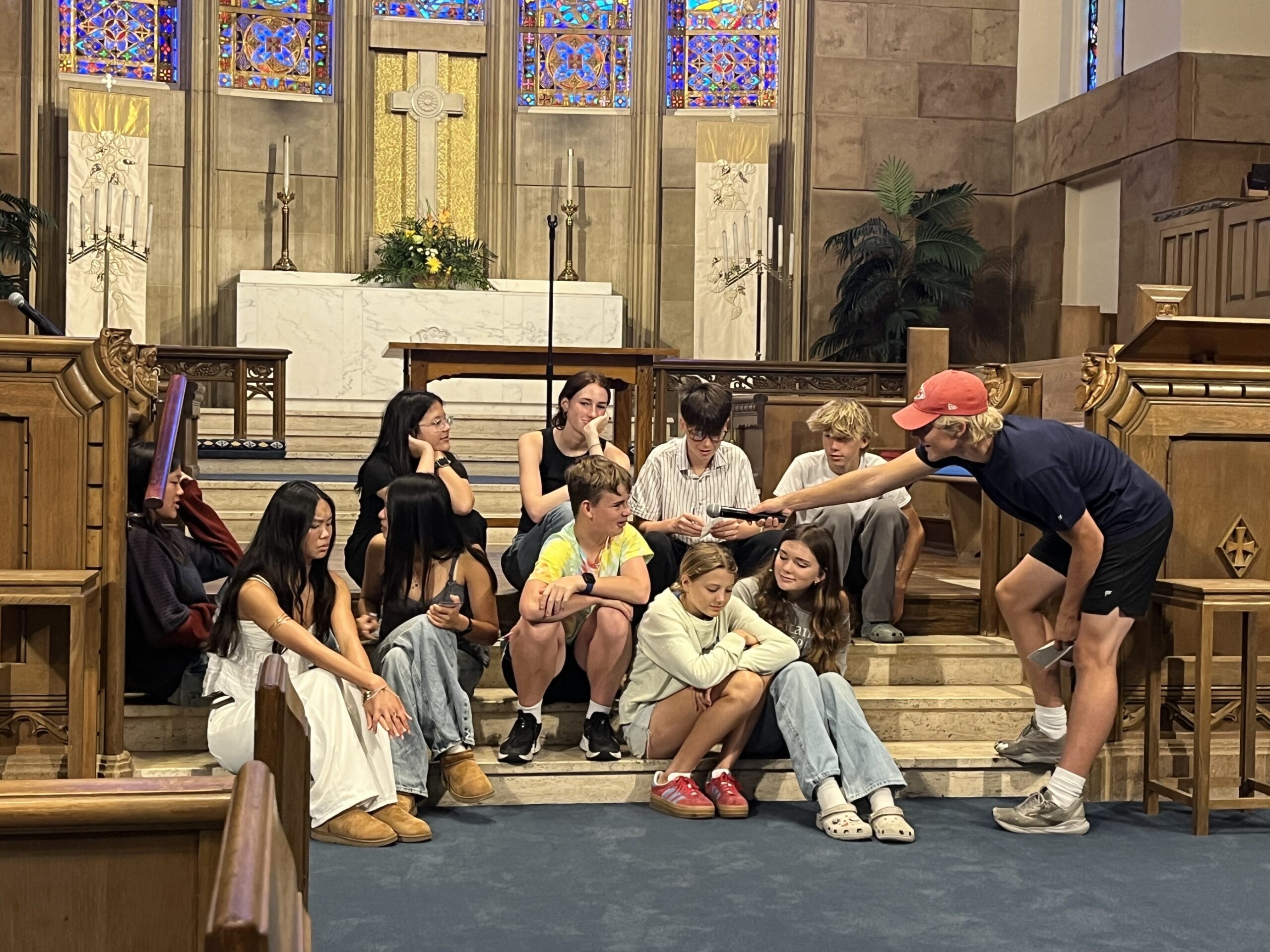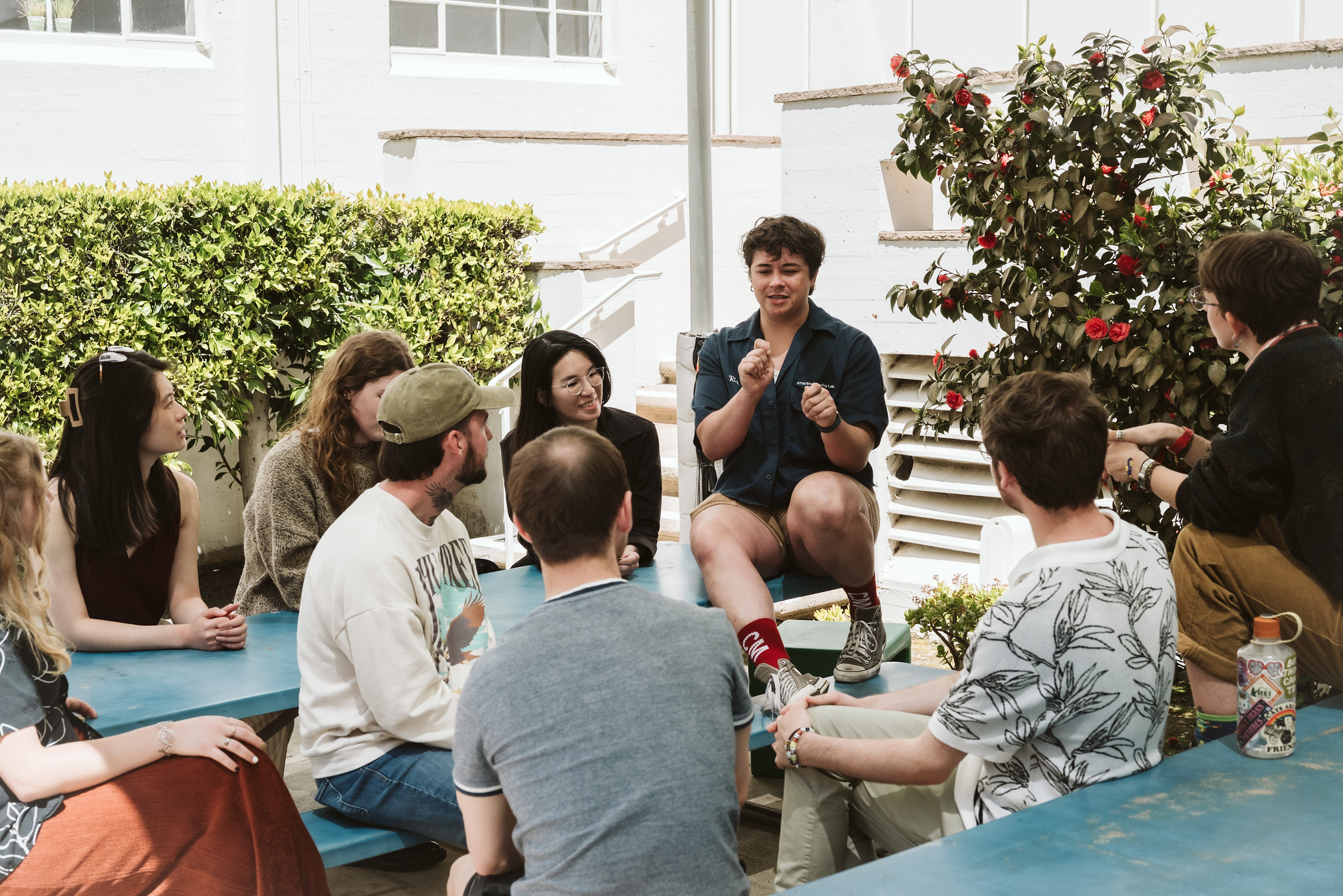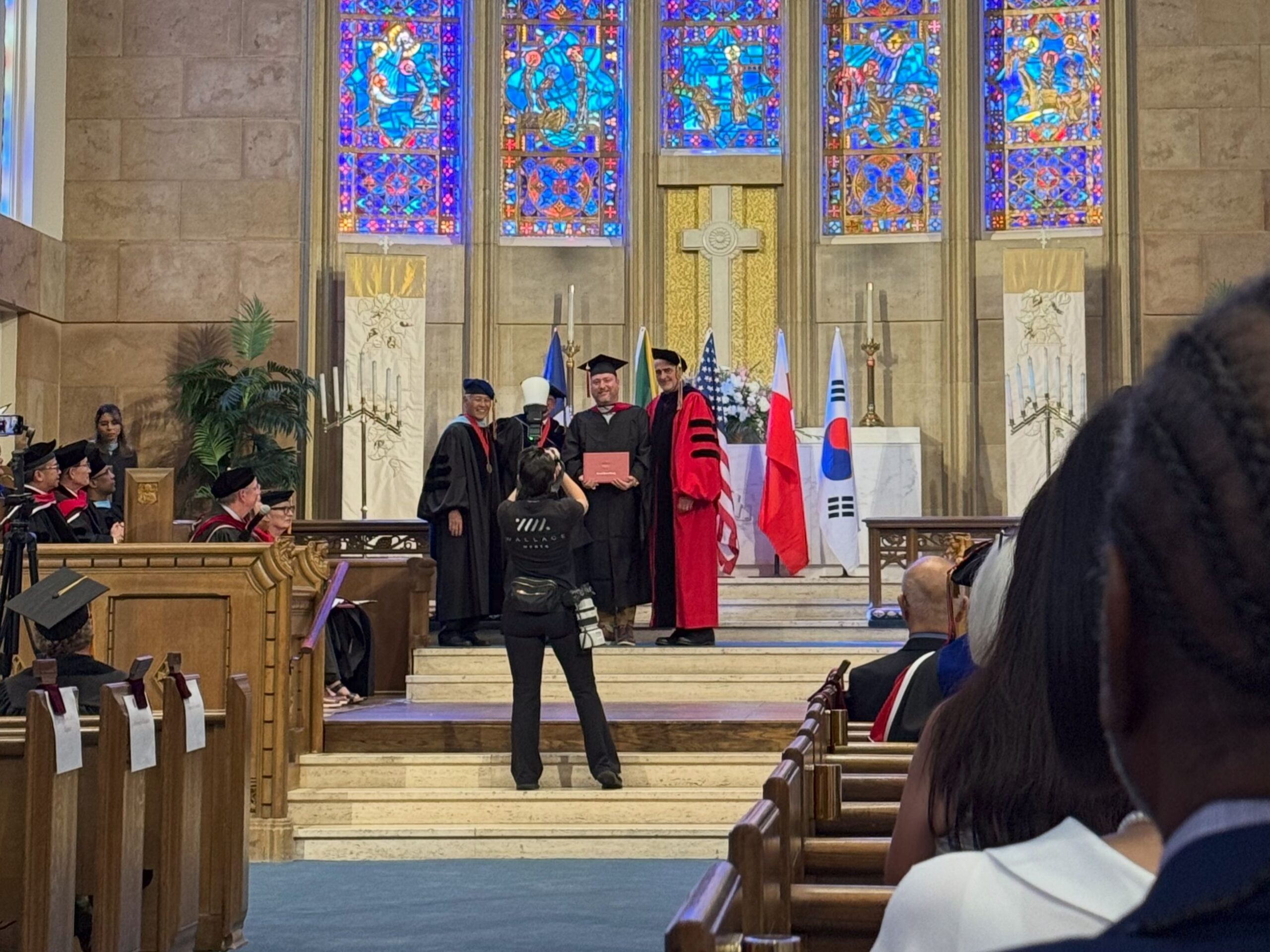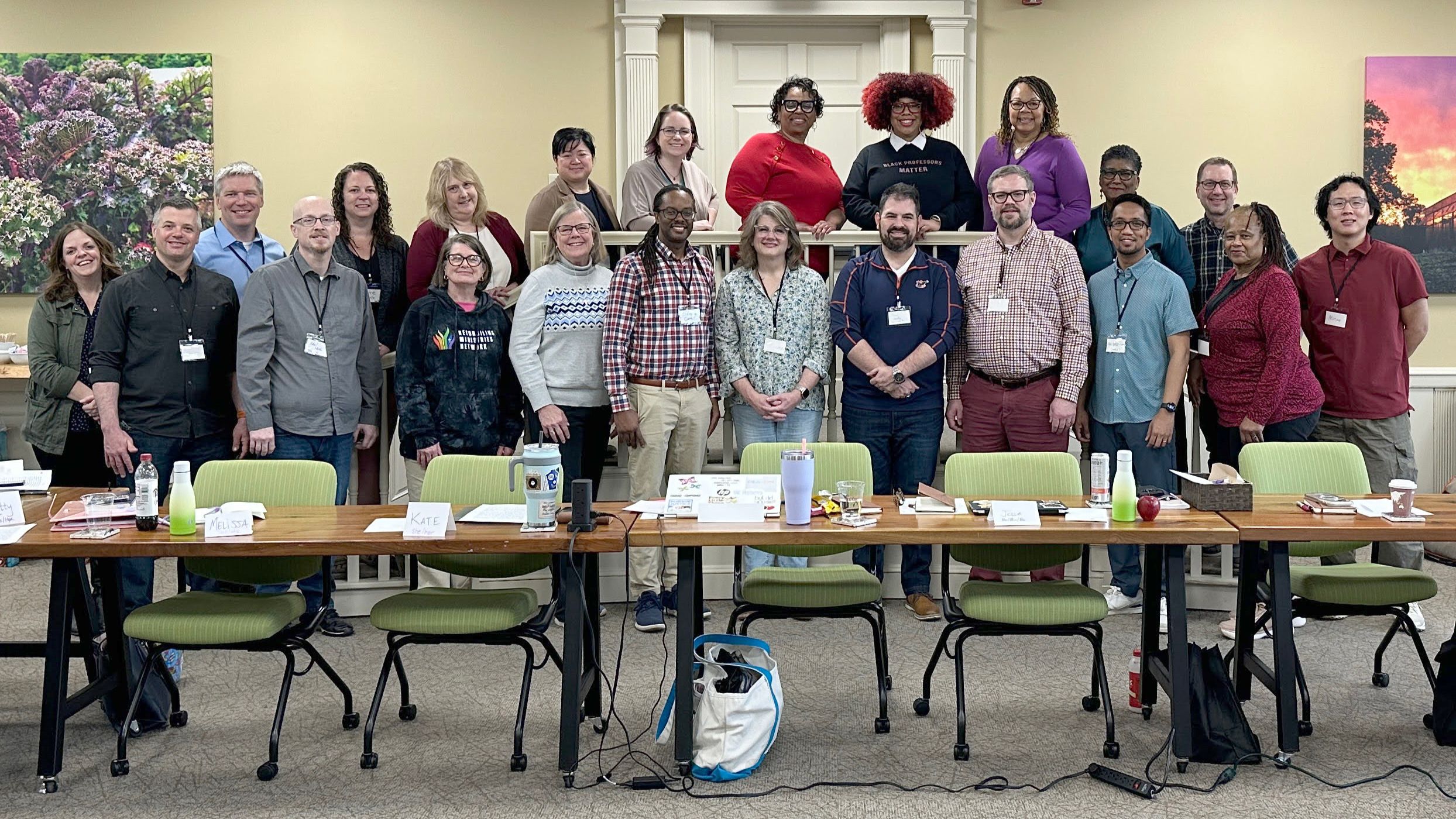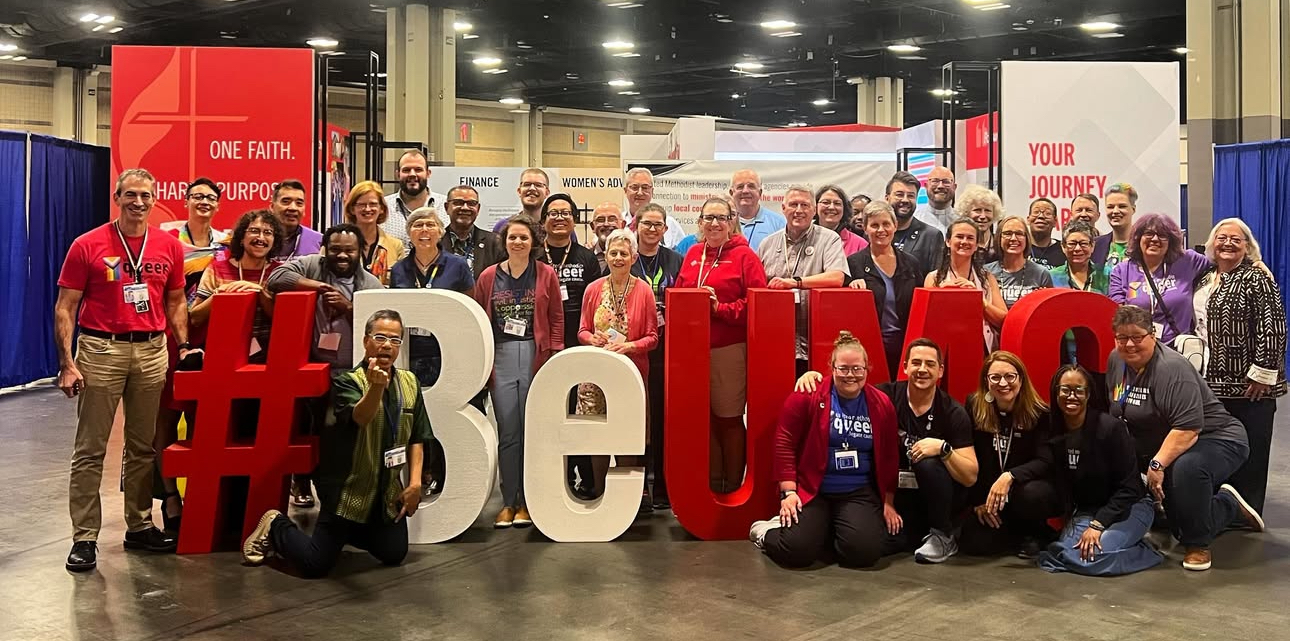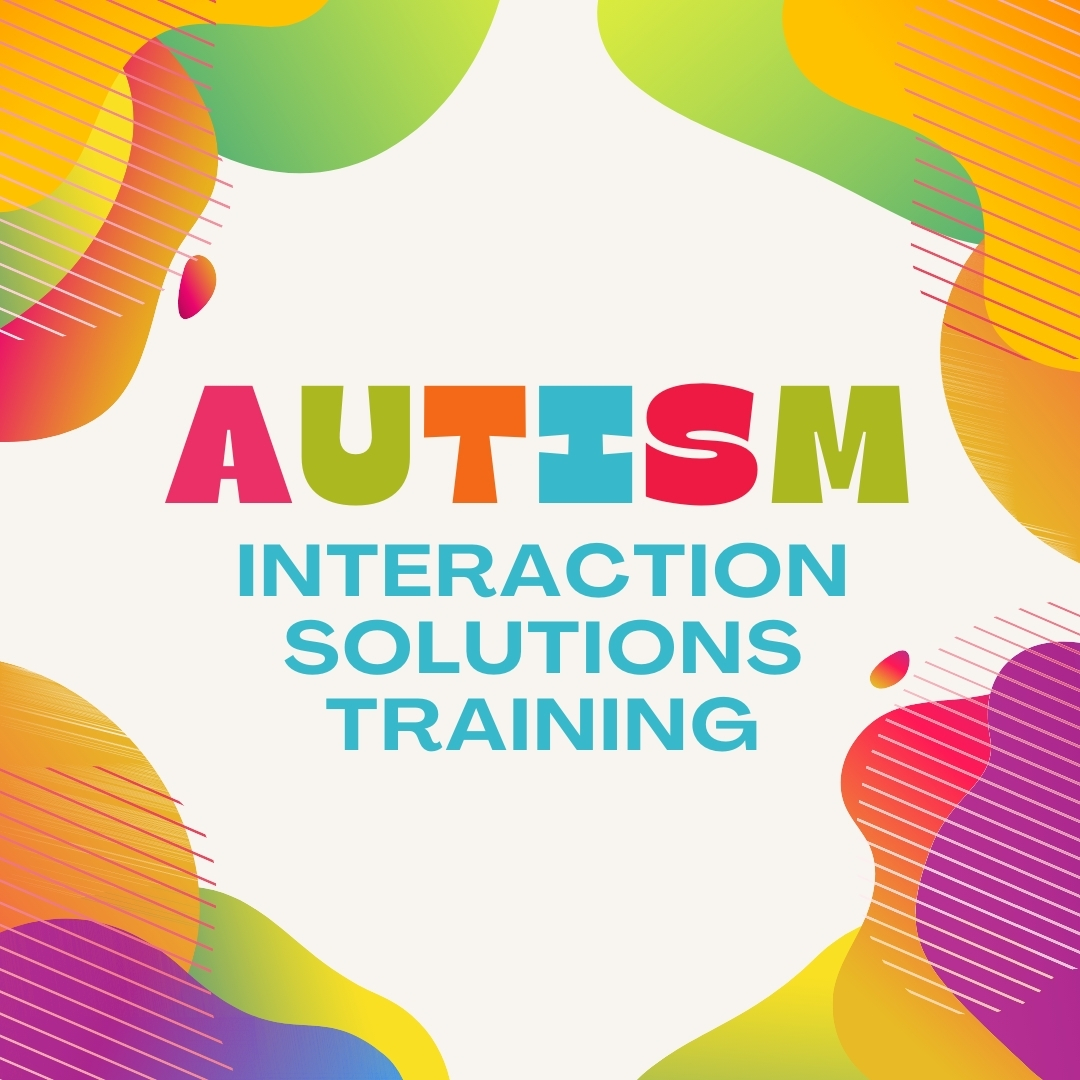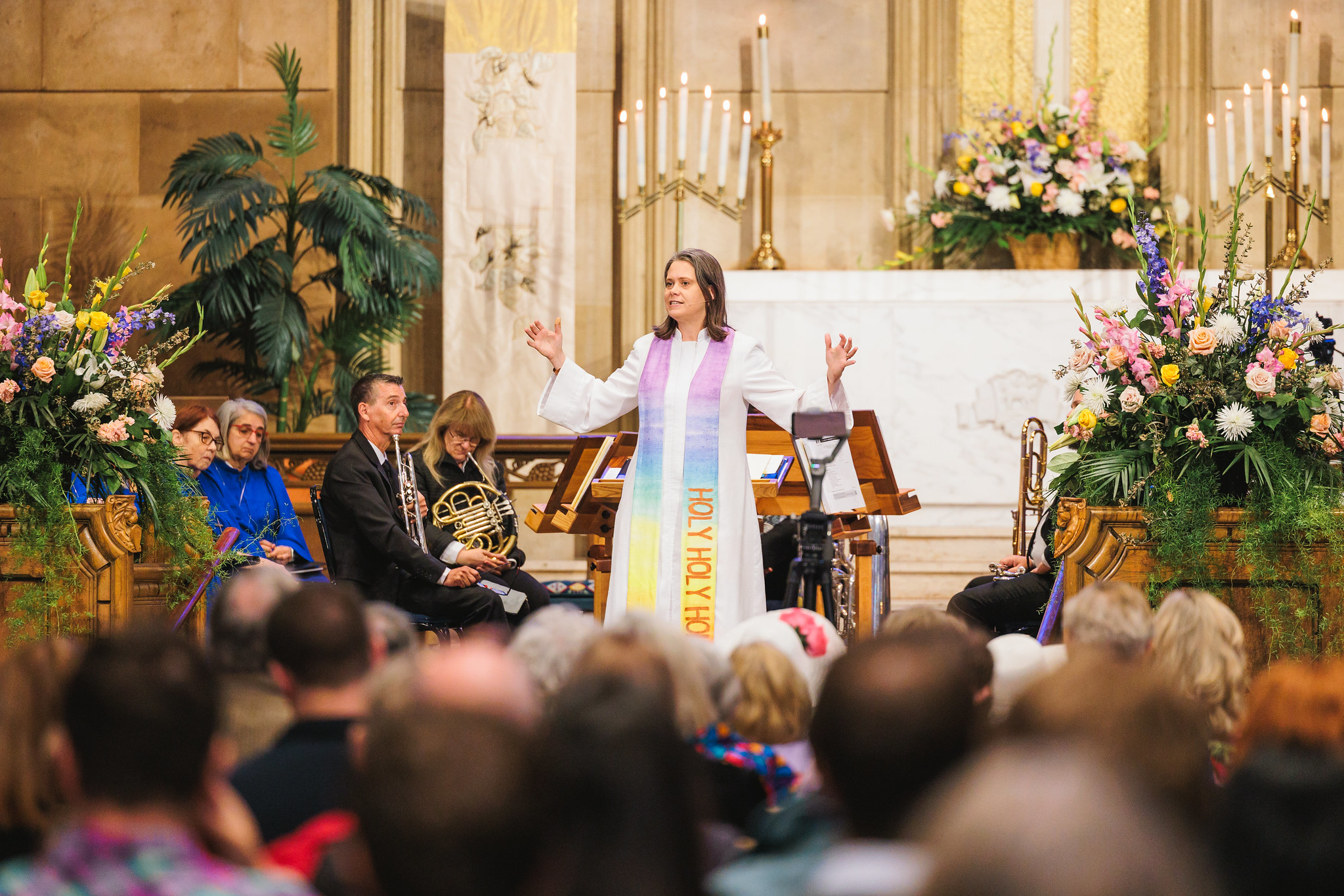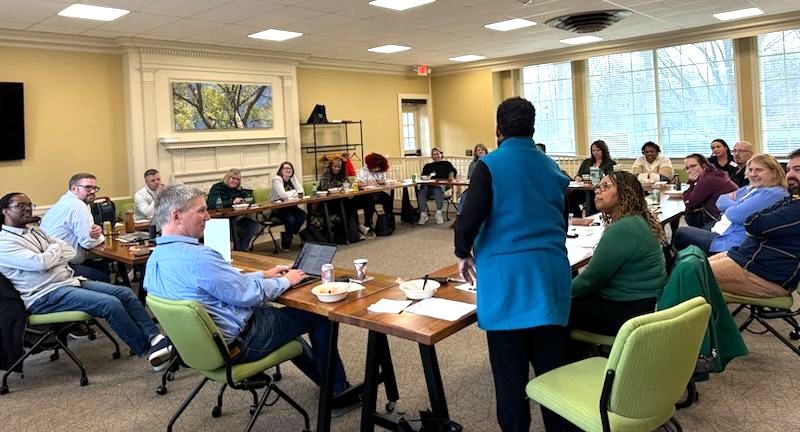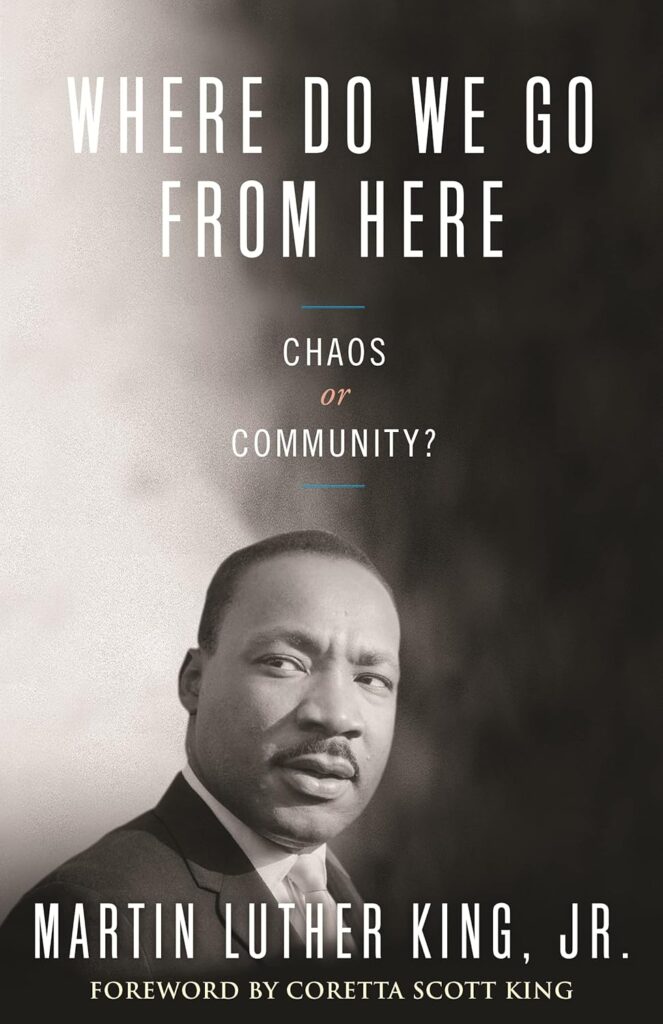 Dear Westwood Community,
Dear Westwood Community,
In the last book published before his murder, Rev. Dr. Martin Luther King Jr. asks a question that our country still wrestles with today, “Where Do We Go From Here: Chaos or Community?” Today, January 20, 2025, will be remembered as a day when our country was forced to confront the visceral reality of King’s question. Today, Donald Trump will be sworn in as the 47th President of the United States on the same day we celebrate the civil rights legacy of one of the best humans that America has ever produced, Rev. Dr. Martin Luther King Jr. Have we chosen chaos over community? Where do we go from here?
King’s assessment of American imperialism and racial injustice in 1967 is, disappointingly, still applicable today. After a decade of civil rights activism and the passage of landmark legislation such as the Civil Rights Act of 1964 and the Voting Rights Act of 1965, King lamented that “A year later, the white backlash had become an emotional electoral issue in California, Maryland and elsewhere. In several Southern states, men long regarded as political clowns had become governors or only narrowly missed election, their magic achieved with a “witches’” brew of bigotry, prejudice, half-truths, and whole lies.”
I am fortunate to work in a multiracial community and to be a part of a pastoral staff that views such clownish behavior as immoral and un-Christian. I am grateful for Rev. Molly Vetter’s commitment to moving our church community to practice the inclusive values that we preach and the commitment to personal growth that she has demonstrated during my time at Westwood. Everest Harvey, our Director of Youth and Social Justice, has been a balm to my soul. They have been a sounding board, a moral conscience, and a compassionate presence. I could not do the racial justice work I am called to do within our church without the support of Molly, Everest, and countless laity of all races and backgrounds. To this end, like King, I recognize that his characterization of white backlash to civil rights is a general statement that applies to most of the white people who take the time to vote. As King notes, “it would be grossly unfair to omit recognition of a minority of whites who genuinely want authentic equality. Their commitment is real, sincere, and is expressed in a thousand deeds. But they are balanced at the other end of the pole by the unregenerate segregationists who have declared that democracy is not worth having if it involves equality.”
In our current political landscape, we have not yet returned to outright arguments for racial segregation. However, if you pay close attention to the language that is being used in the anti-trans bills that are being passed in state legislatures and the US House of Representatives, you will notice that the logics of segregation, the idea that one group needs to be protected from another less-human (or more animal-like) group still exist. While we progressives may see these bills as more evidence of clownish behavior, we should also acknowledge the truth that some people are being elected, not despite, but rather because of their clownish behavior. They have been given political power because they are willing to fight for an imagined utopic past that existed before the civil rights movements of the 20th century began.
The chaos caused by these elected and appointed officials has become a part of the political strategy of right-wing politicians, who simultaneously claim the government to be ineffective at solving social problems while refusing to work with elected officials from outside of their party to solve social problems. These politicians and many, though not all, of the people who voted for them believe that America was truly great before World War 1 when wealth was not taxed to the degree that it is today and Eurocentric Christian “values” were normative. They see chaos as the means by which they can impose old hierarchies and erode the civil rights gained by women, people of color, queer people, disabled people, and the elderly. Chaos is foundational to their vision of community, and because of this, they will fail.
Chaos feels uncontrollable and unpredictable, and conservative religious and political leaders depend on chaos to arouse feelings of despair. However, signs of hope abound, and hope will always undermine despair. Jesus’ message of hope and human dignity undermined the despair and dehumanization of the Roman Empire. Indeed, the actions of our neighbors in response to the fires reveal that having hope in our community to be transformed and move toward love, justice, and inclusion is not a misplaced hope. Hope gives us the courage to imagine the future we long for and the capacity to resist the lure of despair and chaos.
Our freedom from suffering, injustice, dehumanization, and other clownish behavior lies in our capacity to hope and to cultivate the hope of others so that we can remain inspired to do the work of building the Beloved Community. For Dr. King, the beloved community was not a utopian goal to be confused with the rapturous image of the Peaceable Kingdom, in which lions and lambs coexist in idyllic harmony. Rather, the beloved community is a realistic, achievable goal that can be attained by a critical mass of people committed to living in solidarity with one another and extending an empathic compassion towards all Creation. Living into the beloved community means holding ourselves accountable to doing the work in the present of building a future in which all people can share in the abundant resources of our planet. The beloved community is a place where poverty, hunger, and homelessness are unacceptable outcomes that spur change because we live in solidarity with one another, and we know in our bones the suffering of others is our own. Our compassion for them moves us to do what we can to help alleviate it.
In the beloved community, racism and all forms of discrimination, bigotry, and prejudice will be replaced by an inclusive spirit where the plurality of human experience will be recognized as fully human. In the beloved community, love and trust triumph over fear and hatred; peace with justice prevails over war and military conflict because we have de-linked our minds from oppressive hierarchical values that have placed a “certain kind of human” as the pinnacle of evolution and in its place, we have developed an understanding of the human person that is rooted in love, solidarity, and an interdependent flourishing.
To be sure, the beloved community is not devoid of interpersonal, group, or international conflict. As justice-oriented Christians, we recognize that conflict is an inevitable part of the human experience. However, we also believe that conflicts can be resolved peacefully, and adversaries can be reconciled through a mutual, determined commitment to nonviolence and restorative acts of compassion. All conflicts in the beloved community should end with the reconciliation of adversaries cooperating together in a spirit of radical compassion.
May today be remembered as the day we at Westwood United Methodist Church reaffirmed our commitment to choose community over chaos and freedom over fear and despair. “Freedom is not won by a passive acceptance of suffering. Freedom is won by a struggle against suffering.” May God give us strength for the struggle ahead.
Love and Solidarity,
Rev. Dr. Christopher Carter
Note: All quoted material is taken from “Where Do We Go From Here: Chaos or Community” by Rev. Dr. Martin Luther King Jr.


 Dear Westwood Community,
Dear Westwood Community,